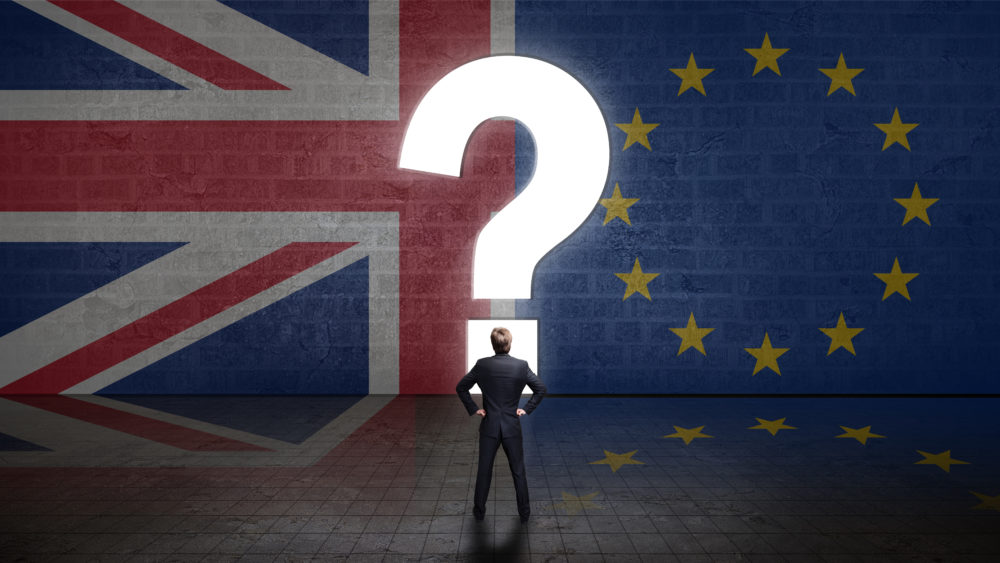A commissioned study by Ipsos MORI, “Inside the Minds of Business Leaders” investigates the issues, challenges and perceptions of businesses in across London, Hertfordshire, Essex, Cambridge and Norfolk on the EU’s economic outlook.
Although keen to remain in the EU, the Ipsos MORI research also showed that around half (47 per cent) of the business leaders surveyed believe that the effect on their business of the UK leaving the EU would be neither positive nor negative.
The vote to remain in or leave the EU showed the greatest variation across regions. While in Cambridge only 12 per cent of attendees favoured leaving the EU, in Hertford the figure was more than double that at 33 per cent. The proportion voting to stay in the EU showed similar variation with Cambridge 18 percentage points higher than both Norwich and Hertford.
These results match closely the findings of an Ipsos MORI survey in Q4 2015 which found that 77 per cent of 102 British captains of industry agreed with the statement that “the level of regulation on UK business is harming the UK economy,” indicating that it is a major issue facing both small and large businesses alike.
“When we carried out our research David Cameron had embarked on his negotiations with other EU leaders. Since then the topic has moved to the very top of the political agenda and to a large degree people’s opinions have galvanised,” commented Matthew Painter, Deputy Managing Director, Ipsos MORI Reputation Centre. “It’s interesting that while two in five (40 per cent) of the business leaders we interviewed expect the economic condition of the EU to get worse in the next year, nevertheless only a small proportion – just 13 per cent – feel that Britain’s leaving the EU would be best for their own business. Indeed, nearly half (47 per cent) believe that Brexit would make no real difference to their business”.
James Sproule, chief economist and director of policy for the Institute of Directors, who sat on the panel at each event commented: “The research has shown that while confidence in the UK at individual business and county level is relatively high among this sample, there remains a strong feeling amongst 40 per cent of the respondents that the prospects for Europe will not just stay the same but could actually get worse. A conclusion that could be drawn is that business confidence declines the more remote the level of direct control. So while business leaders have direct control over their own fortunes, they have less over that of the country as a whole, and much less in the EU.”






